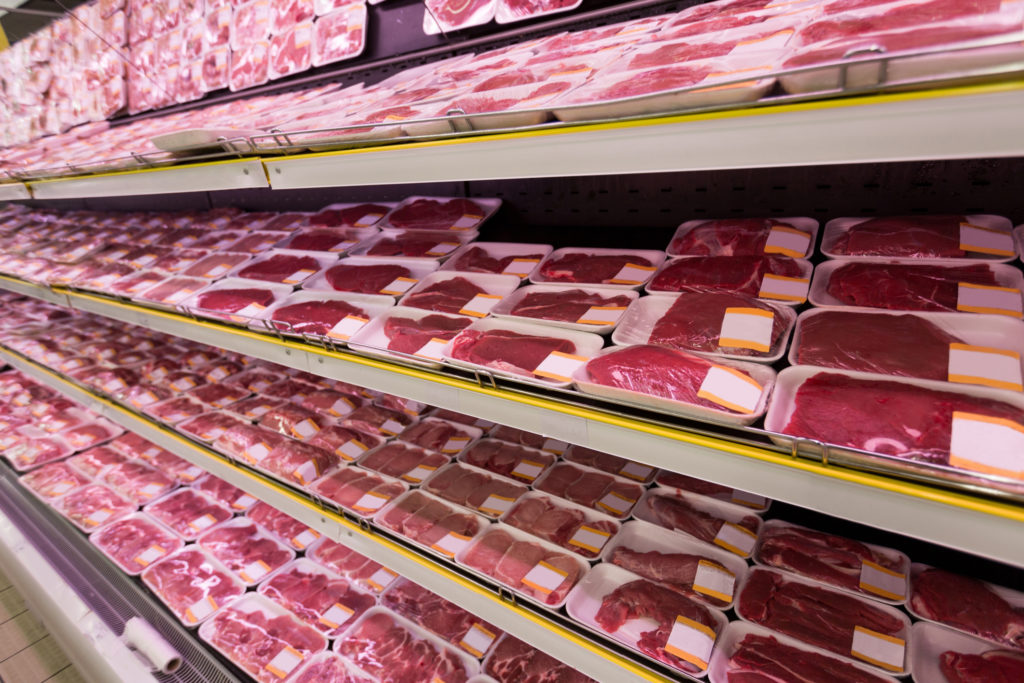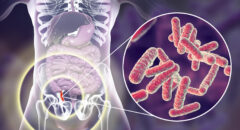
Does eating red meat increase the risk of dying from heart disease or cancer? It’s a question that keeps coming up, fueled by research and high-profile campaigns by advocacy groups on both sides of the debate.
The following are some answers about disease risk, health benefits, and what role red meat should play in the diet.
1. Does eating red meat increase the risk of cancer and heart disease?
For heart disease, the answer is pretty clear. Some red meats are high in saturated fat, which raises blood cholesterol. High levels of LDL cholesterol increase the risk of heart disease. When it comes to cancer, the answer is not as clear, depending on who you ask.
Many researchers say they do raise the risk, especially for colorectal cancer.
A recent study of more than a half-million older Americans concluded that people who ate the most red meat and processed meat over a 10-year-period were likely to die sooner than those who ate smaller amounts.
Those who ate about 4 ounces of red meat a day were more likely to die of cancer or heart disease than those who ate the least, about a half-ounce a day.
The meat industry contends there is no link between red meat, processed meats, and cancer, and says that lean red meat fits into a heart-healthy diet.
But many studies have found similar links. Another one that followed more than 72,000 women for 18 years found that those who ate a Western-style diet high in red and processed meats, desserts, refined grains, and French fries had an increased risk of heart disease, cancer, and death from other causes. The connection between consumption of red and processed meats and cancer, particularly colorectal cancer, is very consistent.
2. If eating red meat does increase the risk of cancer, what’s the cause?
That’s not clear, but there are several areas that researchers are studying, including:
• Saturated fat, which has been linked to cancers of the colon and breast as well as to heart disease.
• Carcinogens formed when meat is cooked.
• Heme iron, the type of iron found in meat, may produce compounds that can damage cells, leading to cancer.
3. Are there nutritional benefits from eating red meat?
Red meat is high in iron, something many Black women are deficient in. But, iron can be found in








